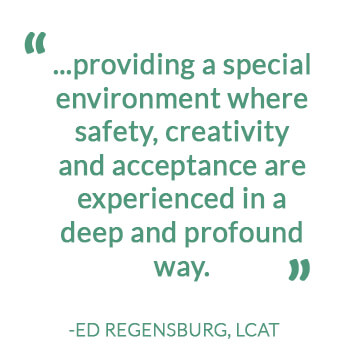Special Needs Therapy
Special Needs Therapist
What Are Special Needs?
 Most of us have heard the term “special needs”, often as describing children, but also adults. There are many different conditions that an adult or child may have in order to fall into the category of “special needs.” Some of these conditions are:
Most of us have heard the term “special needs”, often as describing children, but also adults. There are many different conditions that an adult or child may have in order to fall into the category of “special needs.” Some of these conditions are:
- Autism
- Anxiety
- Attention Deficit Disorder (ADD)
- Attention Deficit Hyperactivity Disorder (ADHD)
- Posttraumatic Stress Disorder (PTSD)
- Developmental Disorders
- Dyslexia
- Intellectual Disability (ID)
- Select mutism
- Behavioral or Neuro-Cognitive Conditions (Developmental Disabilities)
Adults and children with these conditions have difficulty functioning in ways considered typical. Some may have difficulty reading or comprehending. They may also have difficulty relating to other people in social situations. Some may have behavioral issues.
What I Can Do To Help
I am a clinical art psychotherapist who has successfully treated children and adults for over 40 years across a wide variety of clinical diagnoses including many with special needs. My philosophy centers on the understanding that emotions, both conscious and unconscious, are often the drivers of all behaviors. If you facilitate the correct expression of emotion, you can bring about balance, self regulation, and develop powerful insights that can change behavior.
I believe that when “special needs” people are met with honor, respect, and dignity, they can flourish and usually succeed in life far beyond expectations. The challenge is reaching, communicating, and teaching a person who is special needs. The answer lies in providing a special environment where safety, creativity and acceptance are experienced in a deep and profound way.
It is only then that progress can be made. We are all “special”.
Why Children On The Spectrum Need Art Psychotherapy
Children (and anyone else) who have been diagnosed with a PDD / Autism / Asperger’s Disorder, (soon to be formally described as Autism Spectrum Disorder a/k/a “On the Spectrum”, according to the American Psychological Association’s Proposed Revisions for the DSM V) are at risk for being mis- understood and hence not treated with all of the most effective techniques available today…
Autism
People with Autism have the same feelings as everyone else…they are just “trapped” on the inside. My philosophy centers on the understanding that emotions, both conscious and unconscious, are often the drivers of all behaviors. If you facilitate the correct expression of emotion, you can bring about balance, self regulation, and develop powerful insights that can change behavior.
My model of care embraces and supports the unusual perceptions and concurrent behaviors of autism. I start by fostering creative expression of the emotions that drive these behaviors in order to build a bridge to the outside world. From there we model proper social skills and teach appropriate expression that can be understood by the world at large. The goal is conflict resolution and providing the individual with the tools they need to realize their full potential.
For more information on autism, see autismspeaks.com
Children and Individuals with Autism Spectrum Disorders and other neuro-cognitive conditions (developmental disabilities) can’t always use verbal language to communicate their concerns.
My creative therapy approach is especially effective when “words alone are not enough”. I am an expert in the hidden language of imagery and symbols, allowing us to connect through a different language.
If you have been searching for a Long Island therapist and need assistance, I can help you.
Office: (631) 493-0933
Mobile: (516) 652-4361
My fees are reasonable and affordable for most individuals and families.
